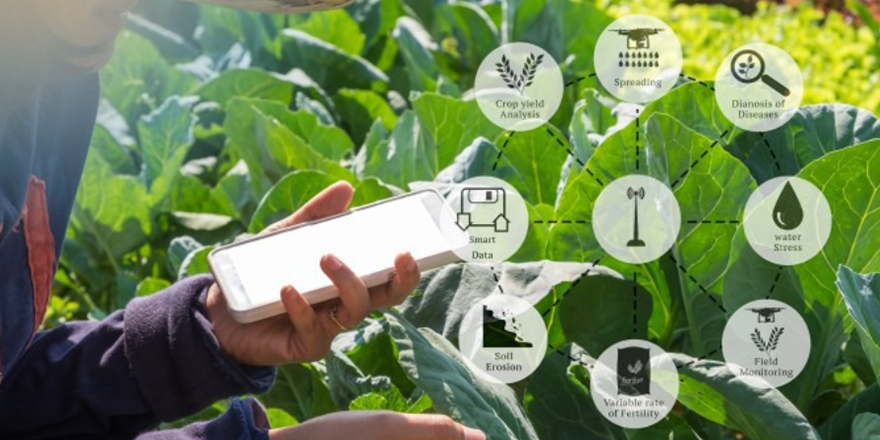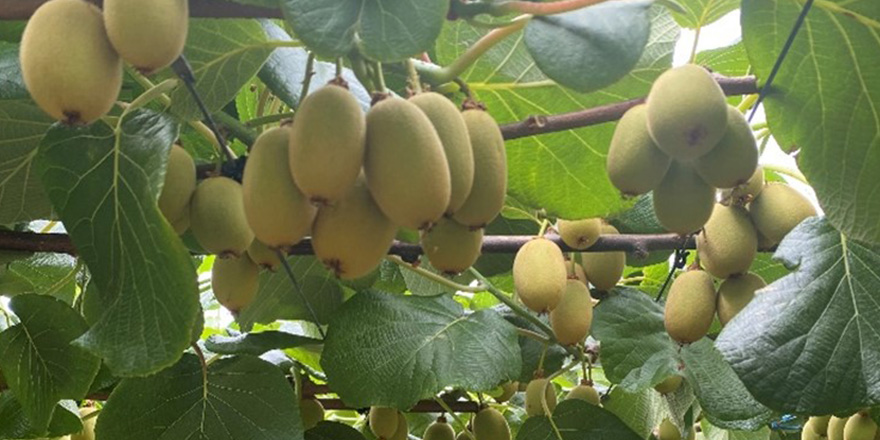
Executive summary
More consumers are seeking food products that have credence attributes, such as improved animal welfare outcomes, lower environmental impact, and positive social impacts. Credence attributes cannot be seen or tasted, consumers only know they are being met by information being passed from producer, through the supply chain to them.
Commodity supply chains struggle to pass on accurate, complex information, leaving consumers who are seeking these attributes looking to buy their food through other outlets. Savarese et al., (2020) identified a real opportunity for New Zealand farmers if they are able to connect to these market segments. This research identifies the key requirements a family farm must have to successfully establish and maintain a short value chain.
Coinciding with the growing consumer market, is a risker macro-economic environment where farmers are subjected to tighter margins on commodity markets. Short value chains present opportunities to diversify risk through accessing alternative markets, equity growth without a dependence on acquiring more land, and a way to include more family members in the family farming business.
This research uses semi structured interviews to collect information from family farm businesses who are selling food products directly to consumers. A thematic analysis is carried out to identify the key requirements to consider when establishing a short value chain.
Establishing and sustaining a short value chain is a cyclic process that needs constant realignment between the resources the farm business has and the demands of the customer segment. Farm businesses must have the desire to connect to consumers and the ability to identify opportunities that allow them to connect with consumers in a cost-efficient way.
Success relies on mobilising the businesses resources and establishing a production system that creates a constant supply of quality product. Finally, the business must continually seek opportunities to realign with changing consumer demands and maintain their competitive advantage – which comes back to identifying opportunities.
The defining characteristics of family farm businesses who participate in short value chains is their ability to create and sustain consumer trust. This trust results in consumers who are willing to pay more for their product.
From the analysis of successful short value chains in New Zealand there are a number of recommendations for family farm business wishing to establish and participate in a short value chain.
The key recommendations are to
- establish your family values and align these to customer segments to decrease costs associated with mobilising resources,
- spend time creating a production system that produces consistent, quality products that your consumer wants,
- connect with your consumers, provide transparency on product details through face-to-face and more permanent marketing such as websites, social media, etc., and
- constantly seek feedback and opportunities to better meet your consumer’s needs.
Download and read the full report here:




